As we approach the end of the 2020 Birding Challenge, here is a message from Howard Heffler:
As a friendly competition to stimulate interest in local birding; Andrew Hart, Bob Lefebvre, Gavin McKinnon, and I promoted BirdYYC2020 – A Big Year Birding Challenge. Over 70 participants registered and a similar number created a Calgary-City-Limits patch list on eBird. The challenge was to see as many species as possible within Calgary during calendar year 2020 with the objectives of:
- Sharing sightings.
- Promoting interest in birds and birding.
- Enjoying Calgary’s natural areas.
- Promoting Nature Calgary field trips.
- Comparing results with similar events held in 2000 and 2010.
So, you ask; “How’s it going”.
Things got off to a “flying” start. There was lots of enthusiasm, numerous rare and special bird sightings, and the WhatsApp group created by Gavin allowed many people to chase sightings for their “needs” list.
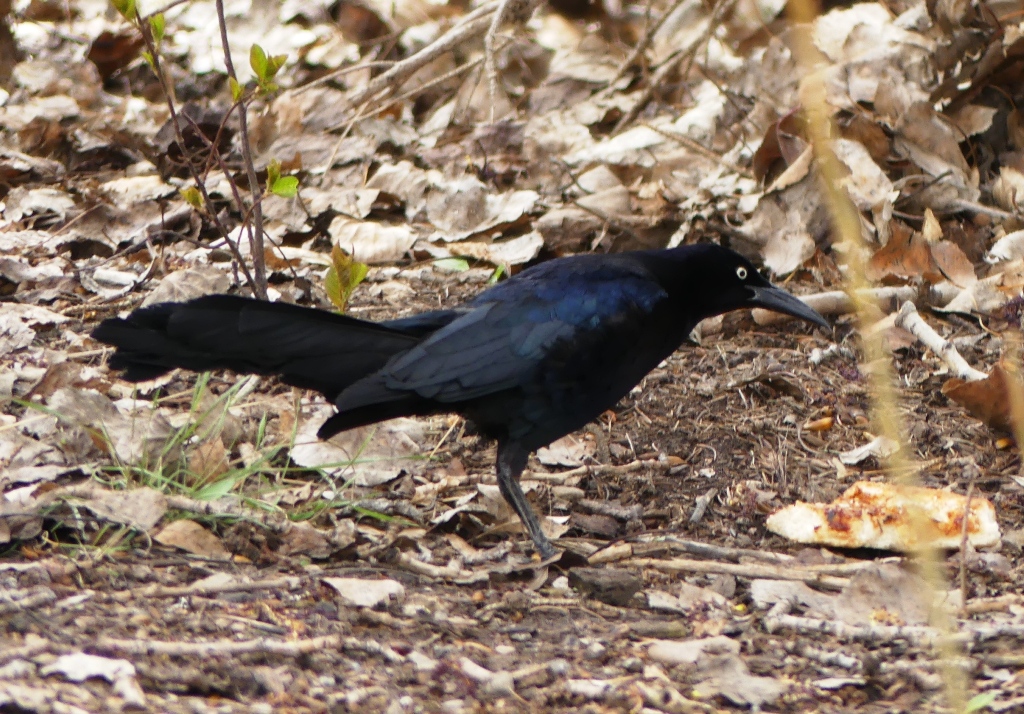
And then along came COVID-19. On March 22 Nature Calgary canceled field trips. We shut down the WhatsApp group. Carpooling and birding in groups stopped and we all hunkered down. However, many people continued to go birding on their own and, of course, eBird checklists continued to flow into to their patch lists.
On June 18, Nature Calgary re-started field trips (with strict COVID-19 restrictions) and the WhatsApp RBA Group was re-opened.
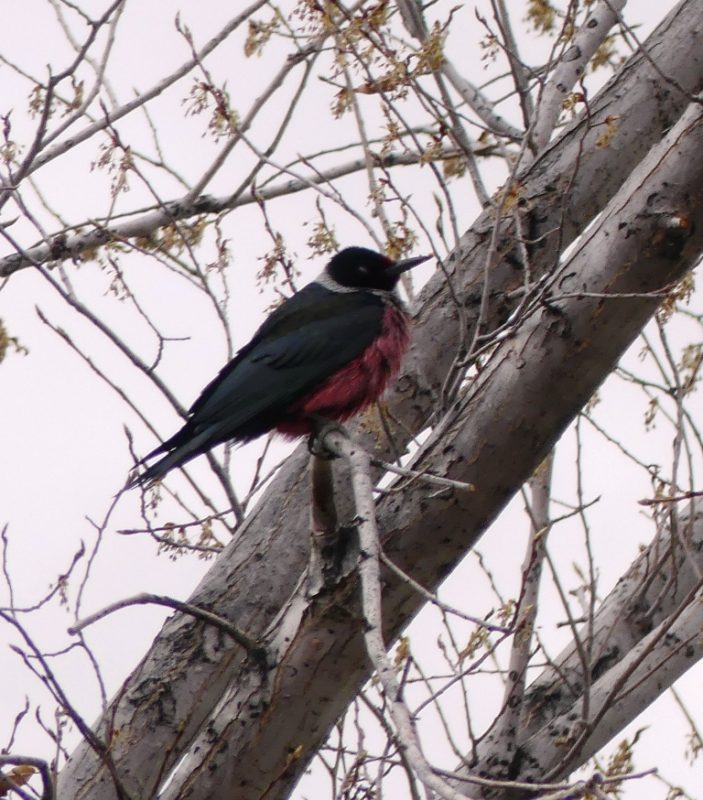
Surprisingly, COVID has not had as much of a negative impact as we might have expected. Perhaps because people felt outdoor events posed less of a COVID risk. Also, we know most travel to remote locations was cancelled and people were looking for local activities. We hope to make a summary of the combined checklists of all participants shortly after the end of the year, but it is already safe to conclude that many more people have observed greater than 200 species in Calgary than in the previous years, 2000 and 2010. I am sure that reflects the enthusiasm of participants AND the effectiveness of eBird and WhatsApp for sharing sightings.
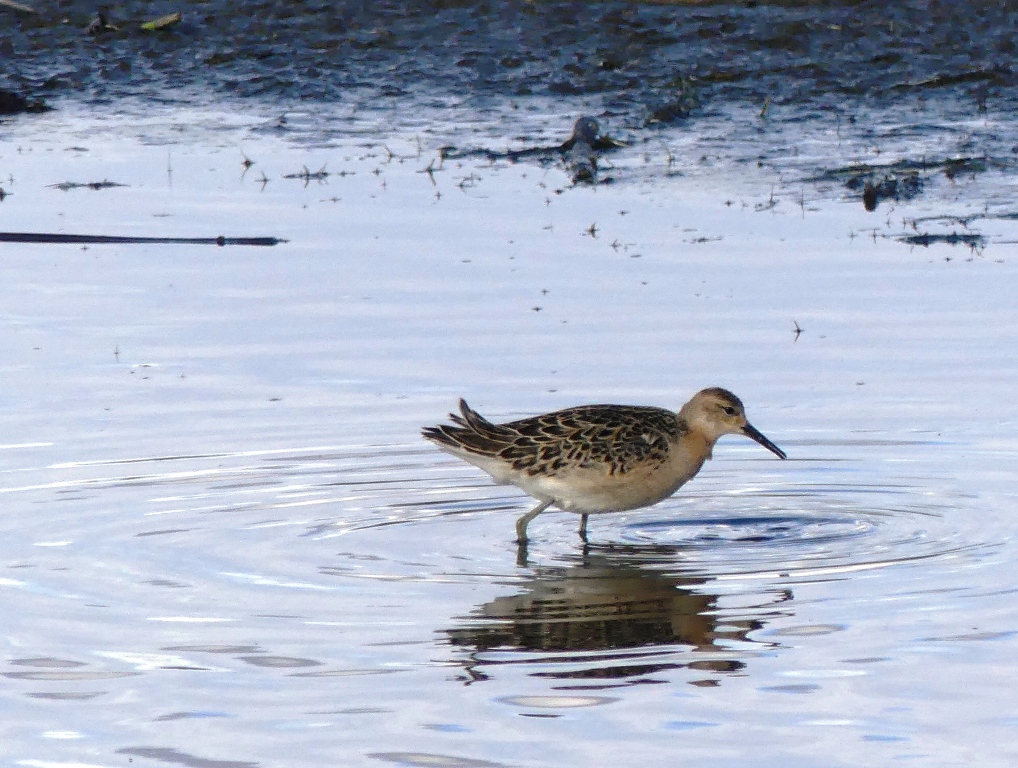
I do not have any hard data, but I am quite confident that there are many new faces out there with binoculars.
Congratulations to everyone.
Sometime in early December we will contact each participant and invite them to send us their year-list. Stay tuned for that: we still need to figure out how to do it.
As the year winds down there are fewer and fewer birds on our “needs” lists. But keep on birding – and stay well.
Howard, Andrew, Bob, Gavin
Below are a few more photos of some interesting birds seen in Calgary this year. All photos are by Howard Heffler.
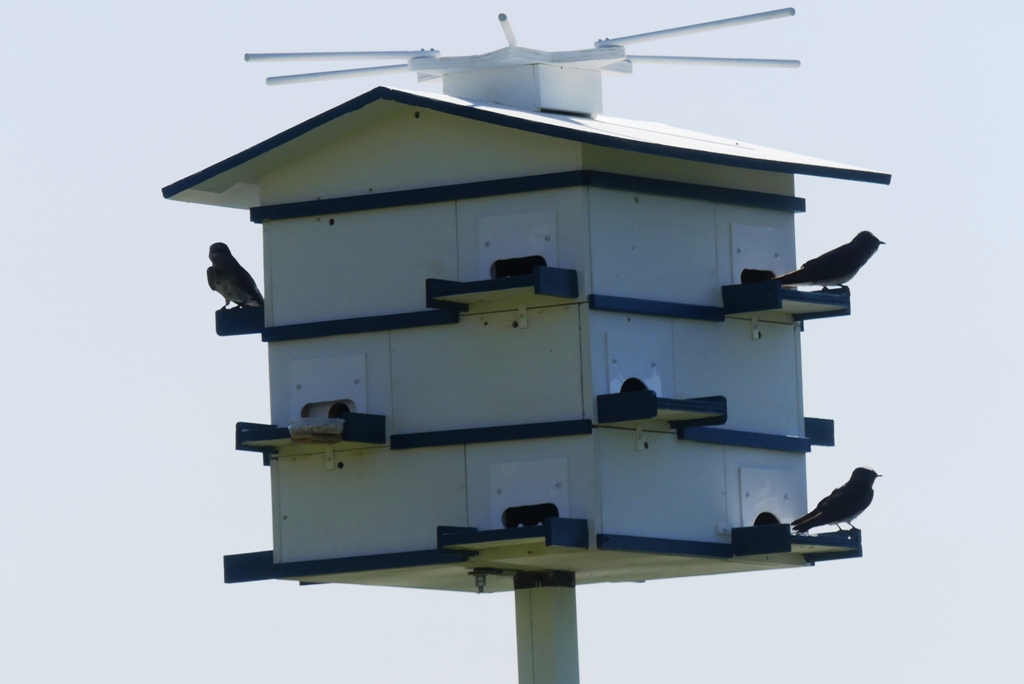
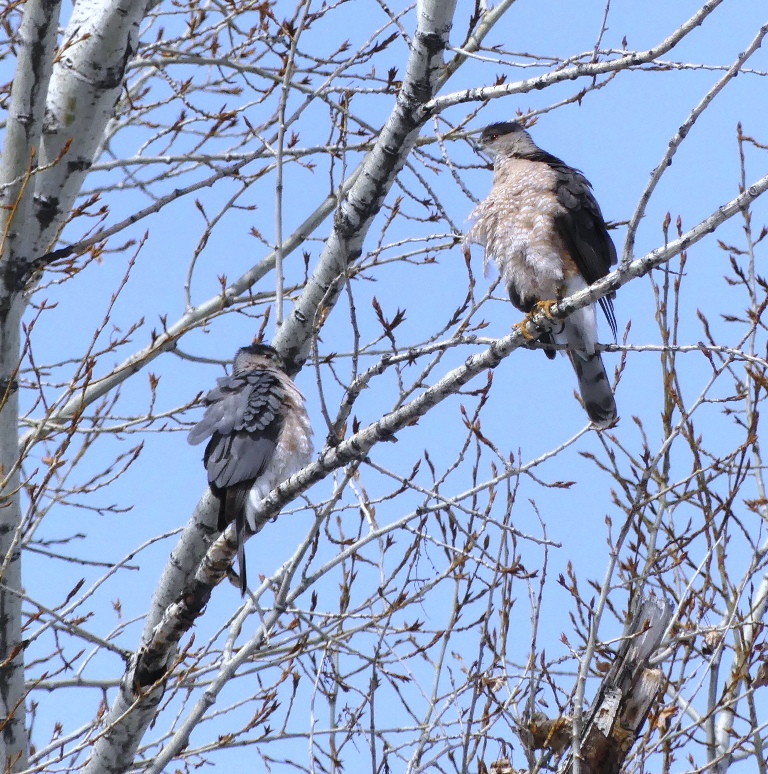
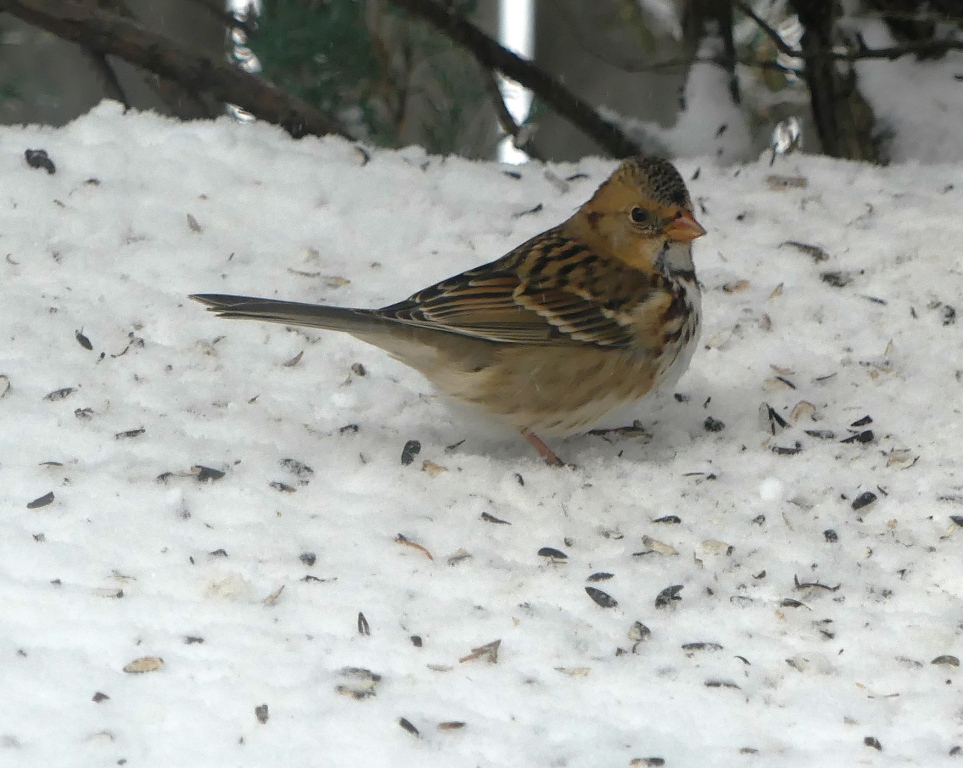
In the 1950s and 60s lots of cedar waxwings were in calgary always cleaned off the berries on the mountain ash trees. . Now trees still have berries the next year. Where have they gone?
In the winter it is large flocks of Bohemian Waxwings that eat all the Mountain Ash berries. Cedar Waxwings are here in the summer but don’t gather in big flocks like that. There are still Bohemians around, but the past two years they have been in low numbers. Likely they have plenty of food in the northern and mountain forests. We seem to see more after the new year each winter, but we may not see the huge flocks of several thousand until at least next winter. I imagine that due to population growth there are far more berry trees in the city now than there were in the 50’s and 60’s too, so they have more places to feed.
Spotted a flock of very small mostly-grey colour birds, chickadee sized, in a deciduous shrub behind our house. About 10 to 20 birds, seen twice within a week, Collingwood area of NW Calgary.